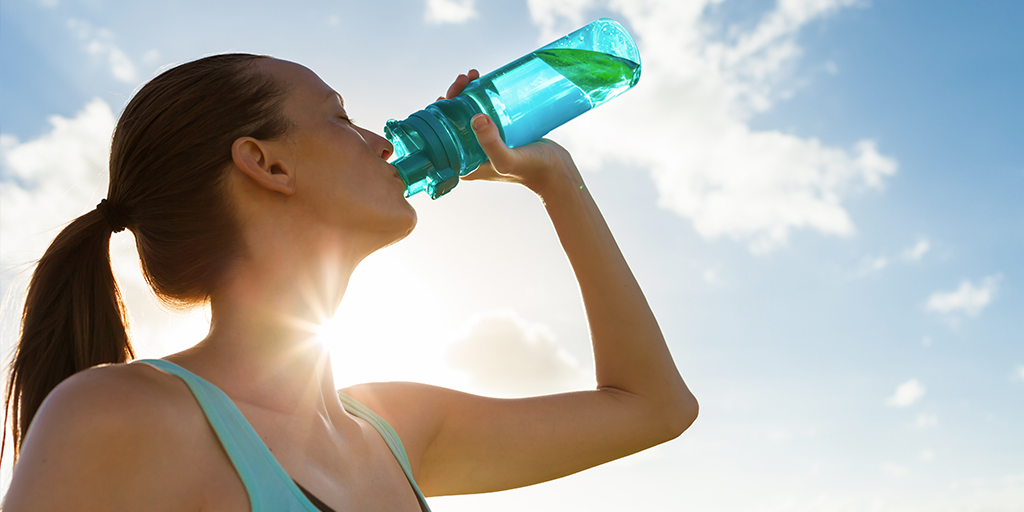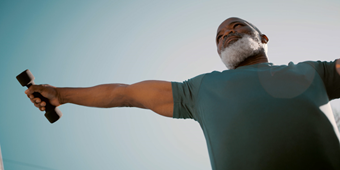Should You Drink Alkaline Water Like LeBron?

Find Your Perfect Match
Answer a few questions and we'll provide you with a list of primary care providers that best fit your needs.
To quench your thirst after working out or mowing the lawn, any kind of H2O will do. Water is water. Right?
You may have your doubts, though, if you’ve noticed NBA stars’ current obsession with alkaline water. The players — like LeBron James — are raving about the supposed superior hydration and health benefits of alkaline water brands with the loyalty they typically reserve for their shoes.
Do their claims hold water?
Premier Health Now asked two individuals experienced in replacing fluids and nutrients lost in exercise — athletic trainer Alec Heffner, AT, CSCS, and exercise physiologist Josh Garner.
“There’s not much science to back up the claim that the alkaline water does anything different than normal water,” says Heffner. “There might be a placebo effect, that if a team thinks it’s helping, it is helping.”
He adds, “As long as you’re drinking clean, safe water, you’re getting the benefits.”
Alkaline water is water that measures on the high-numbered alkaline end of the 0-14 pH scale — opposite the low-numbered acidic end. (Think back to high school chemistry.) Normal drinking water is at the neutral center of the scale, varying slightly from one locale to another due to natural mineral content.
One study, Garner says, shows that drinking alkaline water can increase blood viscosity. This may aid in post-exercise recovery by decreasing strain on the cardiovascular system. But this outcome may require more water than people typically drink.
While alkaline water probably makes no difference in performance, compared to other water, it also does no harm. Garner says, “The reason the NBA pushes hydrating with alkaline water is that hydration levels are important for everyone, especially athletes because they sweat so much. It’s just making them more aware, so their hydration levels are probably staying higher than they were previously.”
Plus, the focus on alkaline water takes the emphasis off sugary sports drinks.
“Sports drinks are good in moderation because they replace a lot of electrolytes that are lost through sweat and activity, but they are full of sugar that is not as beneficial to the body as water,” Garner says. “And there are other ways to get electrolytes.”
Electrolytes, such as sodium, potassium and calcium, support critical body functions. Good sources, says Heffner, include citrus fruits and juices, melons, strawberries, bananas and milk.
And one more word of advice: Garner says, “Be mindful when you listen to pro athletes talk about what brand they drink. Take it with a grain of salt, because they may be getting paid by the brand.”
Find Your Perfect Match
Answer a few questions and we'll provide you with a list of primary care providers that best fit your needs.
Source: Alec Heffner, AT, CSCS, Premier Health Sports Medicine; Josh Garner, Exercise Physiologist, Premier Health Sports Medicine; The Bleacher Report





